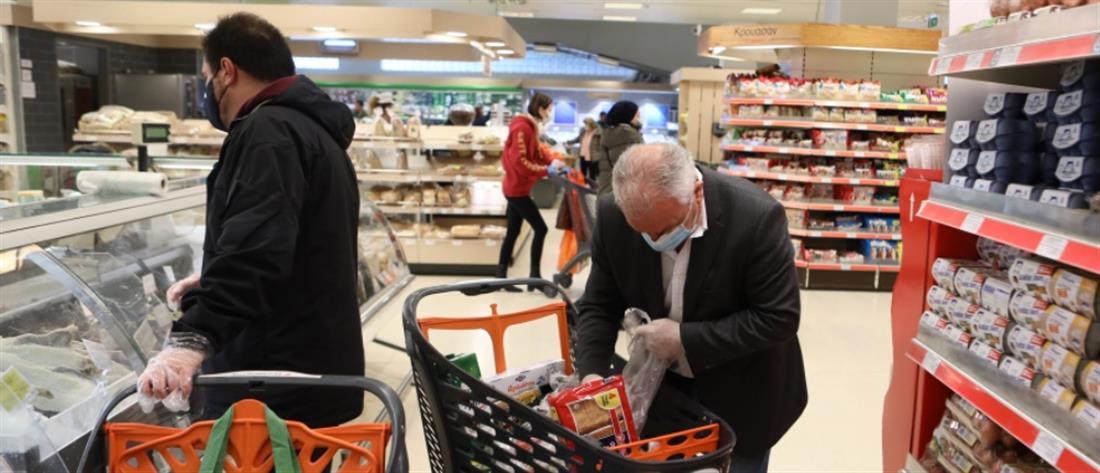The debate over the economy, recovery, and growth in the post-pandemic era is raging ahead of critical EU decisions on the amazing resources that are being mobilised for Europe to emerge stronger from the pandemic.
There is much talk about the need to change the country’s productive model.
Some hope for digital and ecological leaps and bounds, and others simply look forward to a redistribution of wealth and transfer payments.
Few, however, look to the many domestic and foreign approaches to and experience with dealing with similar circumstances.
Even fewer speak of policies and measures with a political rather than economic cost that could remove the obstacles and dysfunctions of the economy and its markets and without additional resources bring about an environment and growth and job creation.
It has been observed internationally and especially in the usually dysfunctional Greek economy that wherever open and truly competitive markets were organised and growth was ensured better products were produced and of course more jobs were created.
The retail sector is where competition between supermarkets even amidst the pandemic and social distancing permitted the hiring of thousands of employees.
Then there is the previous example of the once monopoly telecoms market which when it was freed up offered better services as well as more and better jobs.
The same might have been said about the freeing up of the energy market had it not been for the usual dysfunctions and obstacles to freeing it up.
If one were to secure competitive conditions in tertiary education that would unleash a major growth of universities and open the way for Greek businesses to make inroads with creative and productive ideas.
The toxic monopoly in betting ties down, limits, and immobilises an entire field which up until a few years ago was for the public sector the goose that laid the golden egg and richly funded a host of cultural and athletics activities.
In 2013 in bankruptcy conditions the OPAP betting monopoly was handed over to private investors for a pittance and they turned it into a money machine for themselves with no sense of social responsibility.
Moreover, no precautions were taken to protect youths from addiction to gambling.
The concession expires in October but there is a ten-year extension option.
The concession-holder has exclusive management and the right to exploit 13 betting games on the ground and 12-13 electronically up until 2030.
The extension of the concession is privileged, binding and problematic.
Instead of freeing up forces it binds and immobilises them thereby impacting on many other zones and markets.
Simple enforcement of the EU directive regarding betting – which provides for the free provision of services and products by any company based in the EU and the revocation of the exclusive right that was ceded under forced conditions would entirely change the economic conditions in this sector and related ones.
The financial cost of such choices and moves is absolutely controllable and would have a multiplier effect.
A reform government with simple but politically strong moves and initiatives could truly change Greece’s course and future.
That requires boldness, decisiveness, and the assumption of the political cost of clashing with established forces and interests.
It is at once so simple and so difficult.



